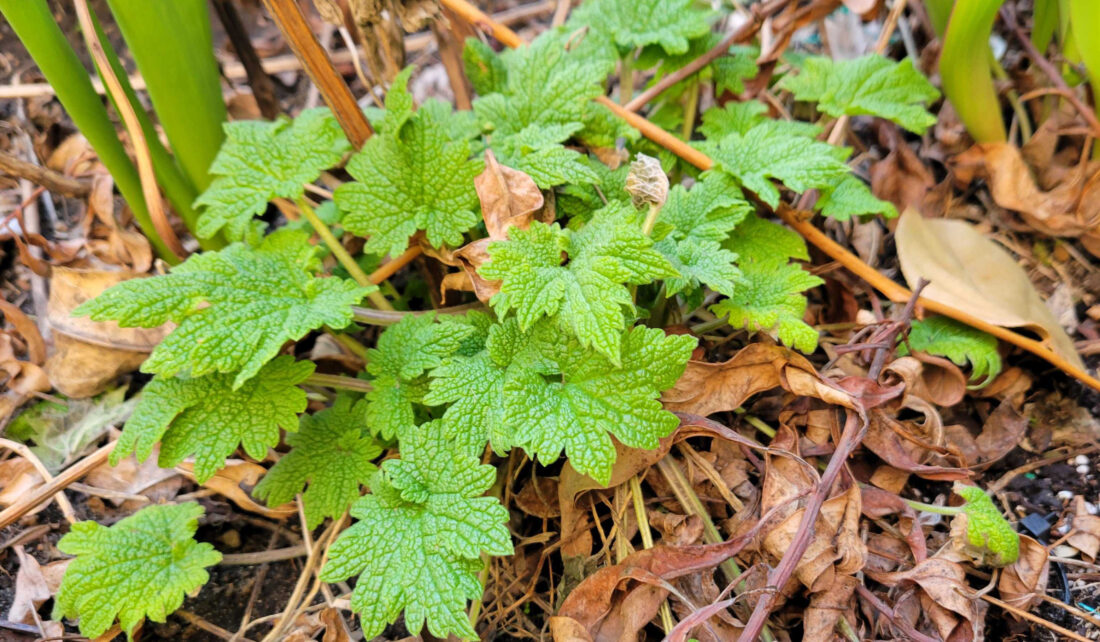
This May 5-8, Illinois-Indiana Sea Grant (IISG) will be reviewed by a team convened by the National Sea Grand College Program who will assess our work from 2018−2023. These review visits play a central role in evaluating Sea Grant programs in terms of management and organization, performance, engagement, and collaborative activities.
We are looking forward to sharing our stories with the review team and you are invited to participate by emailing your comments about IISG to oar.sg-feedback@noaa.gov by April 27, 2025.
While the review is looking at recent history, in terms of moving forward we have been growing the IISG staff. Not one, but two new coastal resilience specialists have joined the team.
Hillary Glandon, with a background in biology is the program’s new coastal ecosystem and community resilience specialist. She is assessing coastal change and will provide actionable solutions for communities along the Great Lakes shorelines. Hillary’s position at IISG is in partnership with the Illinois Natural History Survey in the University of Illinois’ Prairie Research Institute.
Sarah Peterson is the program’s new coastal engineering and community resilience specialist. Sarah aims to enhance coastal hazard preparedness and resilience in communities along the Indiana and Illinois shores of Lake Michigan through collaboration, applied research, technical guidance, education, and outreach. Peterson recently earned a doctorate in civil and environmental engineering from the University of Wisconsin-Madison.
We also have a new communication coordinator. Natty Morrison is now managing our communication program, including developing content and managing the delivery of communication products and programs. Natty brings over a decade of experience in journalism, marketing, and content strategy from his work with in-house marketing teams and creative agencies.
With spring upon us, our buoys will soon be back in the nearshore waters of southern Lake Michigan, providing real-time data on lake and weather conditions for recreationists as well as the National Weather Service.
Spring also brings a round of educational opportunities for us to share with residents, educators, and others. Some examples:
- Our aquatic invasive species and education teams are hosting a one-day, in-person professional development workshop at the Indiana Dunes National Park on April 15 to train educators on how to use our new Great Lakes Crayfish Curriculum.
- On April 22, the Red Oak Rain Garden team will be discussing gardening tips and tricks in a talk titled Creating Resilient Landscapes: Rain Gardens at the public library in Champaign, Illinois.
- Sponsored by the Center for Great Lakes Literacy, the Great Lakes Bioblitz will be ongoing from April 22 to May 19 throughout the region. This is an opportunity to take part in observing and recording as many different species as possible in your watershed during this timeframe.

